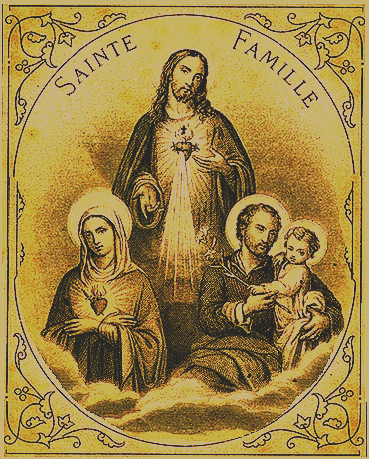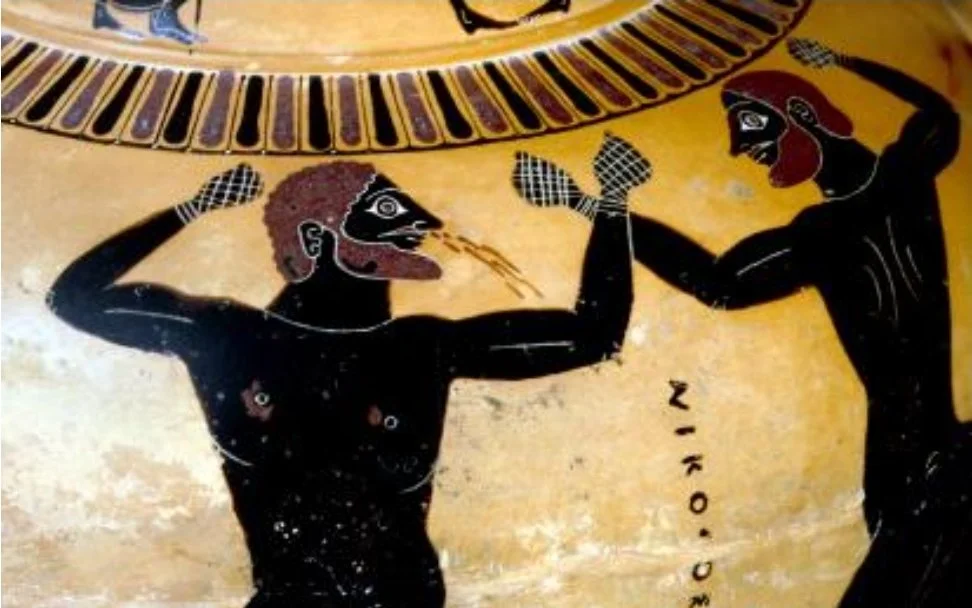Homily for the Third Sunday of Ordinary Time, Sunday 1/25/26 – Father Mitch
Readings: Isaiah 8:23-9:3, Psalm 27:1, 4, 13-14, 1 Corinthians 1:10-13, 17, Matthew 4:12-23
Matthew 4:12-23 World English Bible
Now when Jesus heard that John was delivered up, he withdrew into Galilee. 13 Leaving Nazareth, he came and lived in Capernaum, which is by the sea, in the region of Zebulun and Naphtali, 14 that it might be fulfilled which was spoken through Isaiah the prophet, saying,
15 “The land of Zebulun and the land of Naphtali,
toward the sea, beyond the Jordan,
Galilee of the Gentiles,
16 the people who sat in darkness saw a great light;
to those who sat in the region and shadow of death,
to them light has dawned.”*
17 From that time, Jesus began to preach, and to say, “Repent! For the Kingdom of Heaven is at hand.”
18 Walking by the sea of Galilee, he‡ saw two brothers: Simon, who is called Peter, and Andrew, his brother, casting a net into the sea; for they were fishermen. 19 He said to them, “Come after me, and I will make you fishers for men.”
20 They immediately left their nets and followed him. 21 Going on from there, he saw two other brothers, James the son of Zebedee, and John his brother, in the boat with Zebedee their father, mending their nets. He called them. 22 They immediately left the boat and their father, and followed him.
23 Jesus went about in all Galilee, teaching in their synagogues, preaching the Good News of the Kingdom, and healing every disease and every sickness among the people. 24 The report about him went out into all Syria. They brought to him all who were sick, afflicted with various diseases and torments, possessed with demons, epileptics, and paralytics; and he healed them. 25 Great multitudes from Galilee, Decapolis, Jerusalem, Judea, and from beyond the Jordan followed him.
I don’t remember the exact date, but it was during the latter half of 1975. I was 14 years old. My father and I were watching a TV show about the plight of American prisoners of war – POWs – during the Viet Nam War. Horrific stories of the tortures our soldiers endured at the hands of the Vietcong were all over the news and weighed heavily on all Americans. Earlier that year, on June 17th, the famous POW and Navy pilot Commander Paul Galanti spoke at my small private school. The date is easy to remember: It was the 9th anniversary of the day he was shot down and taken prisoner. At that time, he had only been home for two years after 7 years in captivity. Cdr. Galanti's decorations include the Silver Star, two Legions of Merit, a Bronze Star, nine combat Air Medals, and two Purple Hearts. An elder at First Presbyterian Church in Richmond, Virginia, the Cdr. Galanti’s address was shocking and inspirational.
I recall clearly looking at my father and saying that it was silly not to just defect, tell your captors what they want to know, and partner with them. Maybe, I argued, you could have some hope of a safe, pain-free, and happy life. Perhaps, at some point in the future, you might be able to escape and get home.
Fortunately, my father, who had served in the military police during the Cold War, was one of the most patient men who ever lived. He calmy explained that if you defect, your captors will never fully trust you. They will torture you anyway. And after they get the information they want, they still won’t release you or welcome you into their company. In fact, having lost all respect for you, they might even treat you worse than they did in the beginning. But even if they do treat you right – even if your plan works flawlessly – you lose your soul. The one to whom you submit yourself becomes your master. If you defect, you are a slave to the thing that hates you. Even if you escape torture, your new master will still be a torturer of men.
“You never talk,” my father said. “Name, rank and serial number. That’s all they get. Ever.”
My point is that practical decisions are everywhere. We have to make them every day. Budget, investment, and business decisions, ballot box choices, shopping selections, holiday plans, all kinds of everyday considerations come our way. What’s the most sensible thing to do? What’s the logical thing to do? But our readings for today stand in opposition to the practical, the pragmatic, and the profitable. St. Paul says in 1 Corinthians that we aren’t members of factions, and we don’t make logical arguments. We worship Christ, and we preach Christ crucified.
When Jesus walked along the edge of the water and called to Peter and Andrew, did they make the practical and profitable decision? Did they worry about their boats and businesses, or wonder where their next meal was coming from? No. They dropped their nets and followed Jesus. They didn’t bow down to money or to men. They served the One True God.
Men – us among them – crucified Jesus. When we serve men rather than Christ, we serve the torturers of Christ. When we make logical arguments, using human reasoning to determine right from wrong, we put our foot on the path of the defector. That’s how it starts. Like the POW, we begin to think about how we can get out of this situation – this life! – with what we want, instead of realizing that our soul is at stake.
Listen, brothers and sisters: we are never going to get out of this concentration camp in once piece, unscathed, by trying to make peace with our captors. We cannot get home to our Heavenly Father by making deals with liars, cheats, con-artists, crooked politicians, criminals, thugs, killers, terrorists, and psychopaths. We cannot break the chains of our captivity to evil by making bargains with our own sins. We are not going to avoid the tortures of this life by making deals with the devil.
Only one POW has ever escaped the concentration camp of this world alive, and that is the only begotten Son of God, Jesus Christ. Let us worship him and him alone, and follow him to eternal life – eternal safety – in the Kingdom of Heaven.
----------------------------------------------
*4:16 Isaiah 9:1-2
‡4:18 TR reads “Jesus” instead of “he”

































